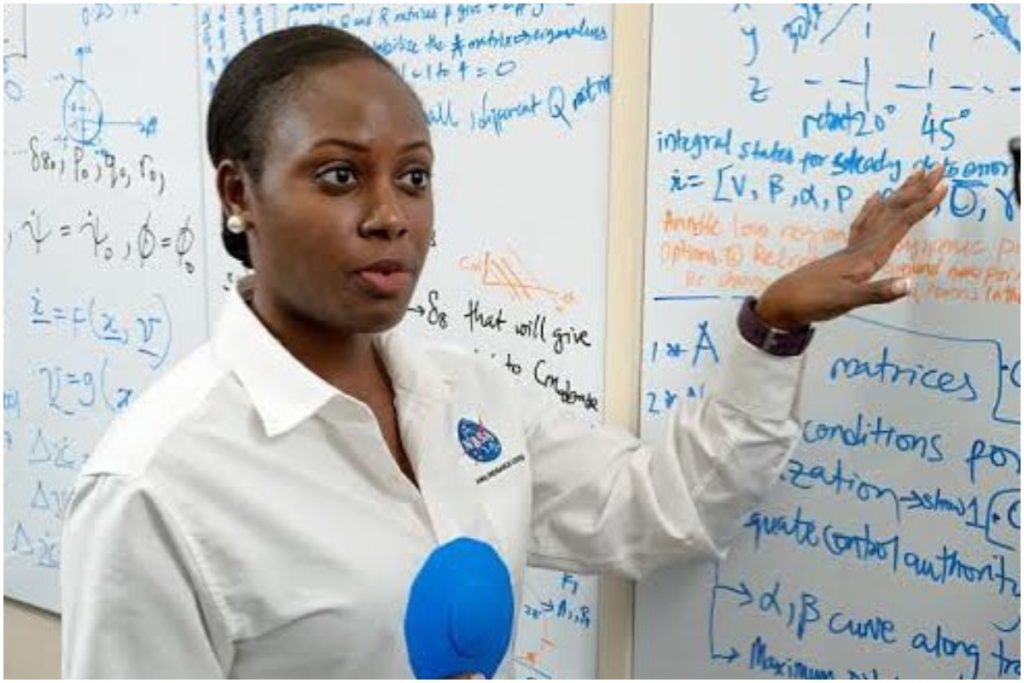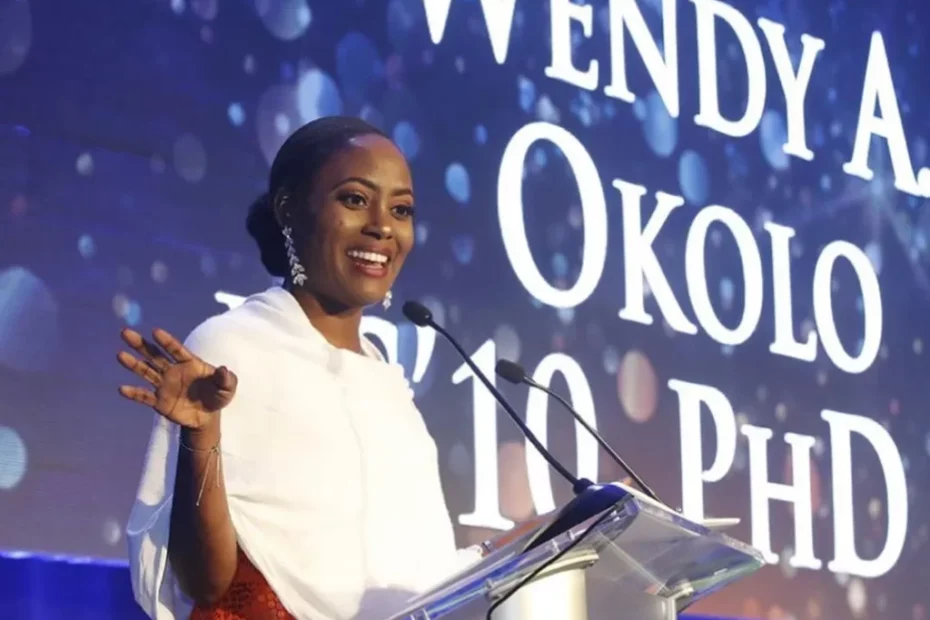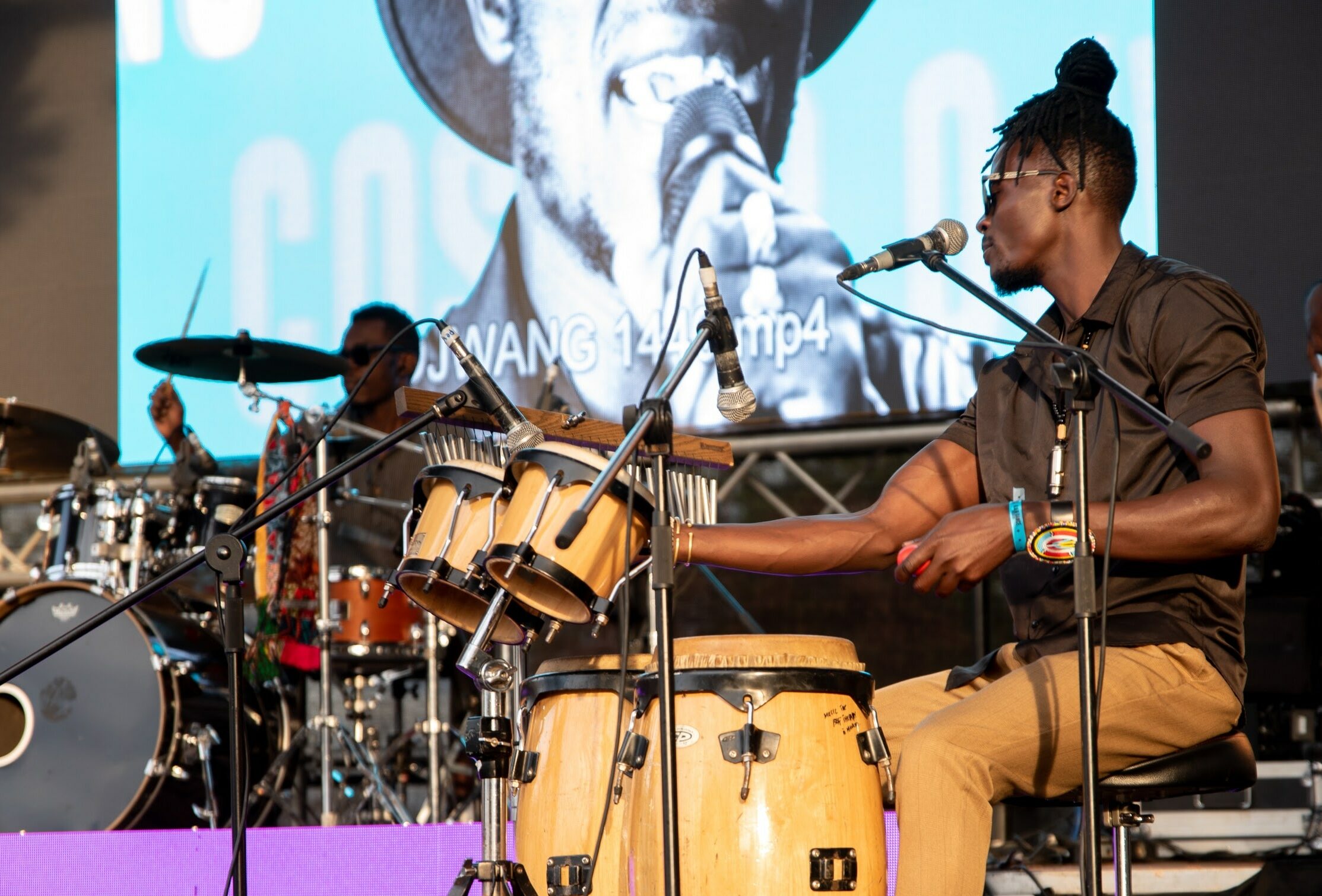A remarkable Nigerian-American, Wendy Okolo, is poised to become the first black woman to attain a Doctor of Philosophy degree in Aerospace Engineering from the University of Texas, USA. At the impressive age of 26, Wendy embarked on her educational journey in the United States, securing admission to pursue a Bachelor of Science Degree in Aerospace Engineering at the University of Texas.
Distinguished for her exceptional performance during her undergraduate studies, Wendy successfully obtained a Bachelor’s degree in Aerospace, Aeronautical, and Astronautical Engineering before advancing to pursue a PhD at the University of Texas.
Half a decade following her Bachelor’s degree, Dr Wendy Okolo made history as the first black woman to achieve a Doctor of Philosophy (PhD) in Aerospace Engineering from the University of Texas, Arlington, in the United States. Since then, her career as an Aerospace Engineer has been marked by exceptional achievements, earning her multiple prestigious awards along the way.
Nigeria’s government hailed her accomplishment, lauding Dr. Wendy Okolo as a stellar ambassador for the nation. Her accolades continued in 2022 when she clinched the esteemed Award of Excellence at the United States National Aeronautics and Space Administration (NASA). Dr. Okolo proudly showcased her triumph, the NASA Exceptional Technology Achievement Medal, on her Instagram platform.
Awards Won by Wendy Okolo

- Amelia Earhart Fellowship
- DoD National Defense Science and Engineering Graduate Fellowship
- Texas Space Grant Consortium Fellowship
- AIAA John Leland Atwood Graduate Award
- Black Engineer of the Year Award for The Most Promising Engineer in the United States Government
- Women in Aerospace Award for Initiative
- Inspiration, & Impact
- NASA Ames Early Career Researcher Award
- University of Texas at Arlington Distinguished Recent Graduate Award
- NASA Ames Award for Researcher
She was also the Recipient of the Excellence Award from the American National Aeronautics and Space Administration (NASA). Wendy Okolo also pioneered the identification of potential GPS errors in unmanned aerial systems, such as drones, as part of the System-Wide Safety project. She was also part of part of a six-member team of emerging scientists who wrote a project and secured the $2.5 million STMD-ECI project.



